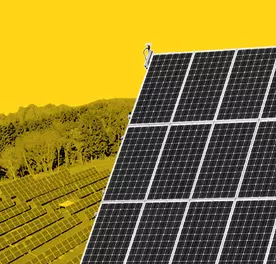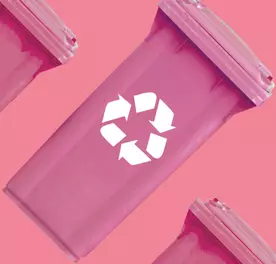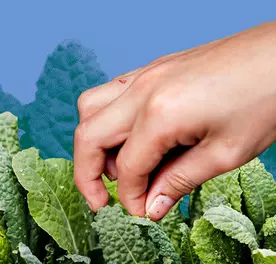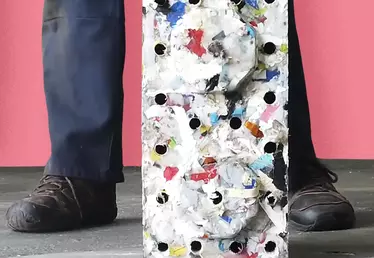
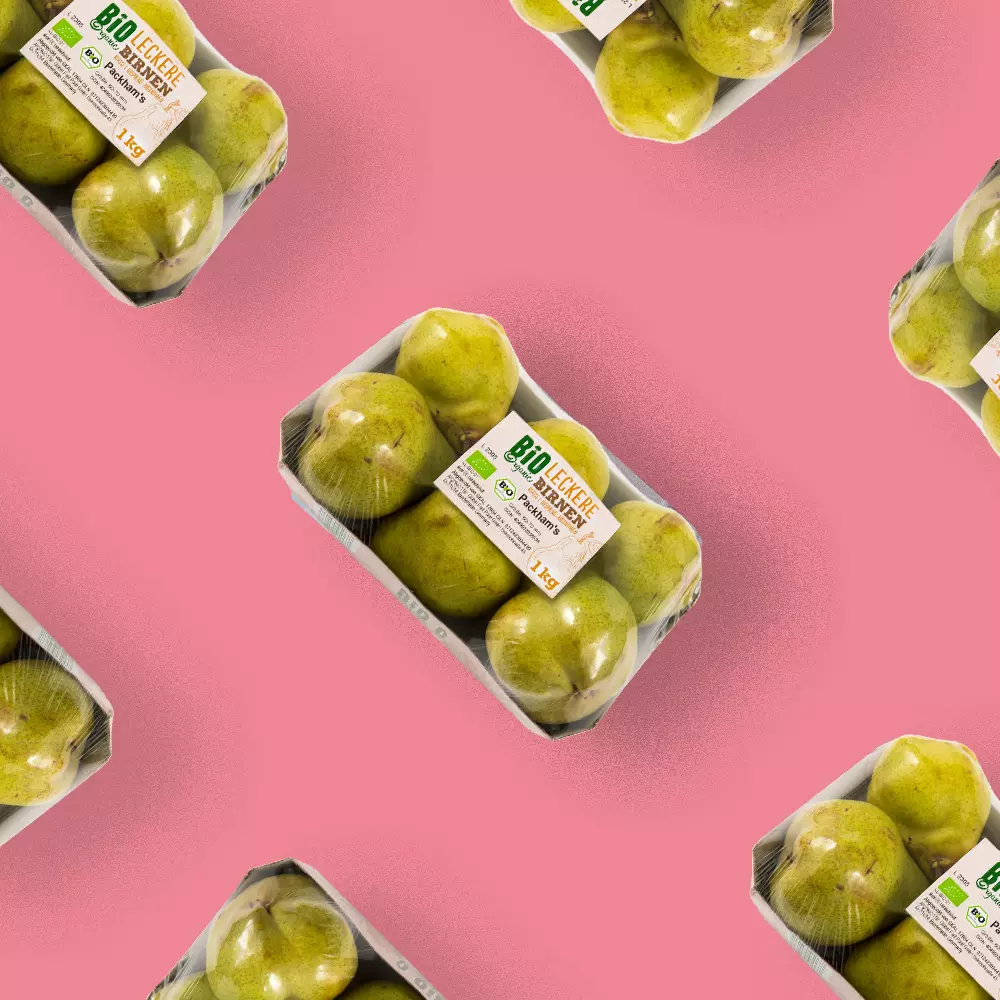
Hero banner custom title
Why are organic fruit and vegetables over-packaged in supermarkets?
4 min
Balancing supermarket shopping with environmentally friendly practices can be tricky.
Over the past 20 years, the global organic food market has grown more than sevenfold, exceeding €112.3 billion in 2019, according to Agence Bio, a public interest group created by the French government to promote organic food in France. Good news for the environment? Not quite... Most organic products sold in supermarkets (which represent 55% of organic fruit and vegetable sales in France, according to Agence Bio) are sold in single-use plastic packaging, and very few of them are recyclable. Yet according to the WWF, one third of the plastic waste generated in the world ends up in nature.
In France,
55%
of organic fruit and vegetables are sold in supermarkets.
Economic reasons
How did we end up in this situation, which goes against the principles of organic farming? For economic reasons first and foremost. First of all, it allows retailers to avoid contaminating the products. If they were to come into contact - for example, if a customer put non-organic fruit back into the organic stand - traces of pesticides could pass from one to the other. Another reason is that some consumers may weigh organic products as non-organic and therefore pay less. “The only way to avoid this would be to dedicate staff to weighing organic products in the organic aisle, but this would be costly for companies”, explains Charles Pernin, general delegate of the Syndicat Réseau Entreprises BIO Agroalimentaires (Synabio), a network that represents more than 200 French organic companies. Some brands have therefore adapted and opened supermarkets dedicated solely to organic products.
Other brands have gradually turned plastic packaging into a useful medium for communication (images, logos, etc.). And the packaging itself has become a strong marketing argument and gives fruit and vegetables a “luxury” aspect that justifies part of the price difference with non-organic produce.
A non-binding regulation
So why not switch to recyclable cardboard packaging? Also because it is currently more expensive than plastic. But the situation is likely to change. One hundred and seventy-five member states of the United Nations have adopted a resolution affirming their commitment to “significantly reduce single-use plastic products by 2030”. The resolution is not binding, however, and some countries, such as the US, have lobbied to ensure that the text, which initially called for a commitment to eliminate single-use plastics by 2025, remains vague about the target figure.
France plans to recycle
100%
of single-use plastics by 2025.
A more ambitious European directive on the marketing of disposable plastic objects, published in 2019, provides for a ban on eight of the most common single-use products found on beaches (straws, cups, cotton buds, etc.), effective from 2021. It also requires Member States to reduce single-use plastic packaging by 25%, especially for fruit and vegetables. France is one of the best performers in this area and goes further than most of its neighbours. Its anti-waste law for a circular economy of 10th February 2020 provides for the recycling of 100% of single-use plastics by 2025, and then ban them from the market by 2040. Fresh fruit and vegetable plastic packaging should be banned by 1st January 2022, although a draft law provides for a long list of exemptions. But today, and tomorrow, the next best option is to opt for bulk products and reusable bags whenever possible.
Share it:



